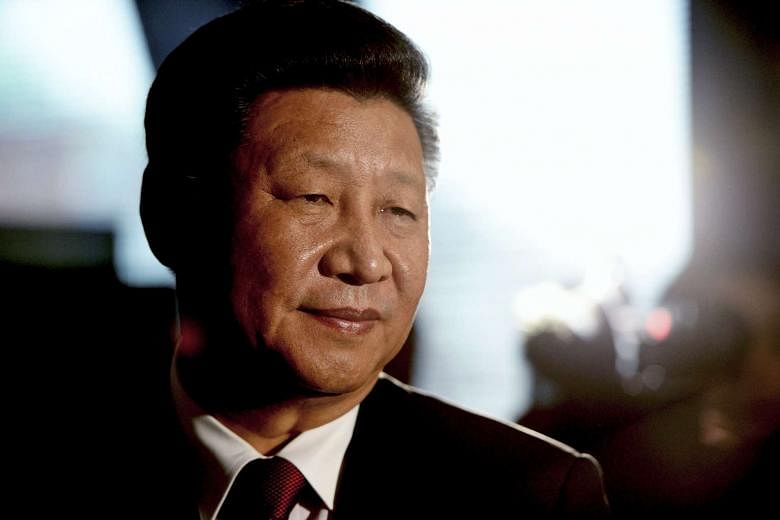China's new leaders grew up in a time of great violence and chaos, as young witnesses to the Cultural Revolution of the 1960s and 1970s. They saw death on the streets and in schools, and had a first-hand look at what anarchy could do to a nation.
This experience is likely to make incoming president Xi Jinping's team more conservative about political changes, said The Straits Times' China Bureau chief Peh Shing Huei.
"I don't think they would like to open up things too much," he said. "You hear a lot of talk about political reform and I believe they will move in that direction. But it's going to be very modest, very gradual, nothing too shocking."
The assessment was one of several that ST readers got to hear yesterday, when Mr Peh and Standard Chartered economists took turns to give their take on the Asian giant.
The bank's head of Greater China research Stephen Green focused on economic forecasts.
China should have "easy growth" for the next five years or so because of the wealth of opportunities for investment and development, he said.
And while its consumer sector was burgeoning, more investment was needed in its service sector, he said, such as in film, legal services, banking and accountancy.
But he also observed a growing pessimism over the country's long-term prospects. "We really do need big ideas and brave economic reforms in the next five years," he said. "Otherwise, the biggest risk for China is not a hard landing tomorrow, but in 2020."
China proved to be the favourite topic at the seminar. Even though the speakers covered the United States, Europe and Asean, most of the questions from the participants appeared to be directed at the China experts.
Reader Peter Yim, 62, drew laughter when he asked why the Chinese Communist Party was still named as such even though its ideology had changed.
Replying, Mr Peh suggested that the party had no reason to change its name. It was no longer driven by ideology, he said, but focused on staying in power.

